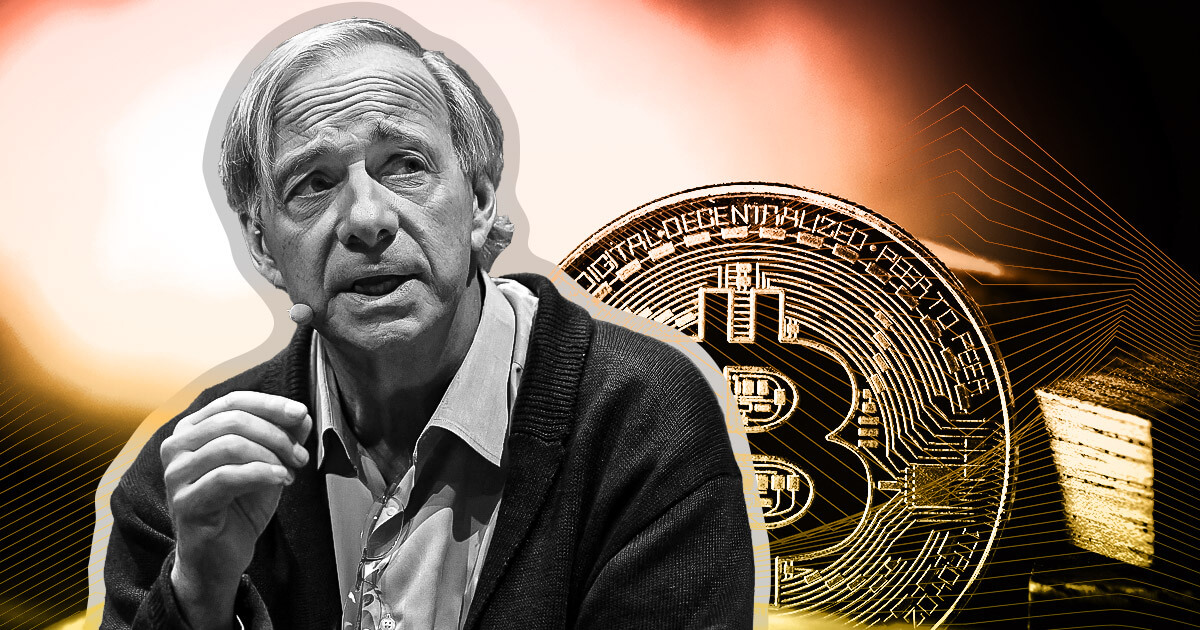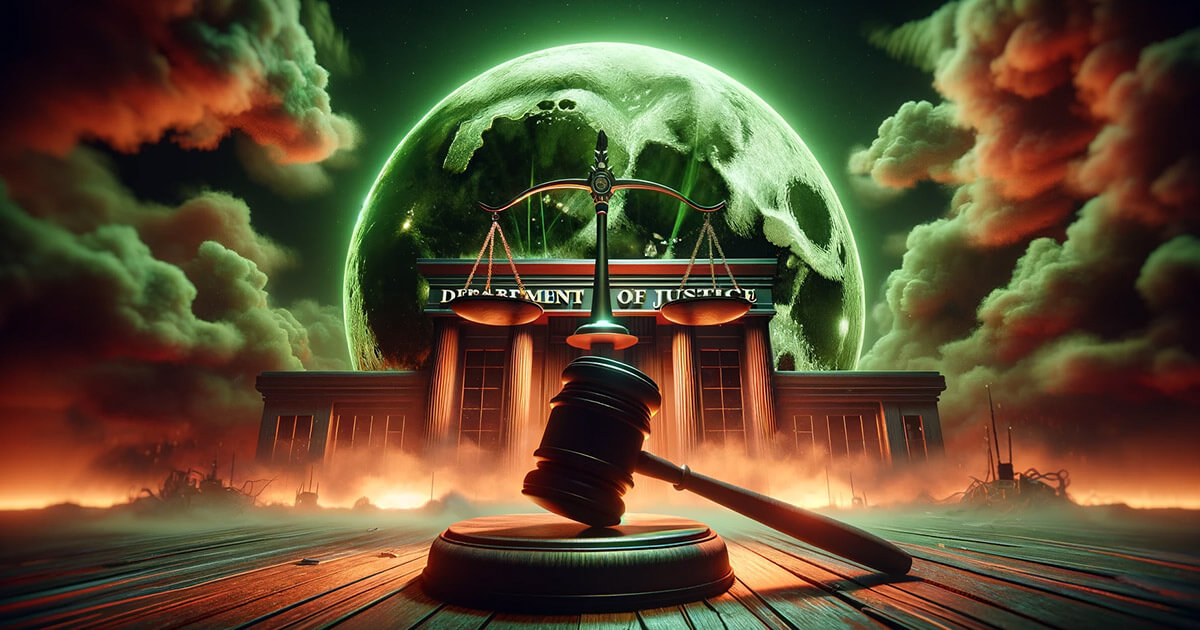 US government has now lost $21 billion selling seized Bitcoin we once fought to freeze Liam 'Akiba' Wright · 30 mins ago · 3 min read
US government has now lost $21 billion selling seized Bitcoin we once fought to freeze Liam 'Akiba' Wright · 30 mins ago · 3 min read
Bitcoiners once wanted to freeze gov coins, now they cheer hoarding seized assets.

Cover art/illustration via CryptoSlate. Image includes combined content which may include AI-generated content.
Twelve years ago, hardcore Bitcoin users begged developers to “nuke” coins held in a US government wallet captured from Silk Road. They feared the feds could dump the stash and crush the market, or worse, wield it as monetary power.
Yet in March, the White House quietly ordained those same confiscated coins part of a new Strategic Bitcoin Reserve. What once sparked calls for a censorship fork has become a source of patriotic pride.
The most expensive yard sale in crypto history
Between 2014 and 2023, the US Marshals Service auctioned roughly 195,000 BTC for just $366 million. At today’s $105,000 price tag, the lot would fetch more than $20.4 billion. Senator Cynthia Lummis calls the missed upside “deeply troubling” and places the true opportunity cost north of $21 billion when measured against cycle highs.
The first sale came in 2014 when 29,657 BTC seized from Silk Road wallets were liquidated for about $18.7 million, coins now worth $3.1 billion. Each subsequent disposal has looked progressively smaller against Bitcoin’s swelling market cap, and by 2023, a 9,861-coin transfer barely nudged prices.
The DOJ received clearance to sell 69,370 seized BTC in January, but since Trump took office, this sale appears to have been postponed following executive intervention.
The blacklist fork that never was
Since October 2013, public tracking has let anyone watch the FBI’s new wallet swell with contraband Bitcoin. Panic threads on BitcoinTalk and GitHub proposed a protocol change to freeze or blacklist the address. Core maintainers refused, arguing that selective censorship would shatter the network’s credibility and warned that blacklisting seized coins would “break Bitcoin’s neutrality” refusing to merge the idea.
That decision set a precedent: technical guardianship would remain apolitical, and governments would have to fight their battles through policy, courts, and markets, not code.
Pivot to a Strategic Bitcoin Reserve
The new executive order instructs Treasury and the Department of Justice to consolidate approximately 198,000 BTC still in federal custody and hold them “for national resilience and fiscal optionality.”
Officials frame the reserve as a hedge akin to gold, while Capitol Hill allies portray it as a first-mover advantage in a looming sovereign-crypto arms race. The United Kingdom quietly holds about 61,000 BTC from ransomware seizures, China has 194,000 BTC, and El Salvador’s treasury stack now exceeds 6,000 coins.
The market impact of the most recent sales has been muted. The reserve matches barely one percent of the circulating supply, and daily trading volume easily absorbs larger flows. What moves price today is not wallet size but policy tone: murmurs that Congress could force liquidation knocked bitcoin three percent in after-hours trading last week.
What comes next
- Legislative showdown. A House bill seeks limits on cold-wallet custody costs and quarterly public audits. Executive Orders are not law, as the United States is a constitutional republic in which legislative powers are vested in Congress, not the executive branch.
- Custody risk. The Office of the Comptroller of the Currency must decide whether to outsource key management to private firms or run an in-house facility.
- Global copycats. Analysts expect at least three G-20 nations to announce similar reserves within eighteen months.
For veteran Bitcoiners, the irony is bittersweet. The chain stayed neutral, the fork never shipped, and the state that once sold at fire-sale prices now wears a “HODL” badge.
Is the mantra ‘don’t trust, verify’ dead?
However, we must ask, is the government hoarding Bitcoin seized from citizens what Satoshi envisioned? When the printers of the world’s most powerful fiat currency also own vast amounts of Bitcoin, is there a conflict of interest?
On the road to hyperbitcoinization, there will eventually be a showdown between fiat and Bitcoin. Do Bitcoiners now trust the US government to always act in good faith and to do what’s best for Bitcoin?
So far, the ‘Strategic Bitcoin Reserve’ includes no plan to acquire coins outside of seizures, but the current President owns memecoins, stablecoins, and non-Bitcoin DeFi platforms through his business interests. There’s a lot of pro-Bitcoin rhetoric but little concrete action compared with progress on alt-coins.
Don’t trust, verify – and there’s little verification that Bitcoin (outside of price pumping) benefits from government-held coins.


















































